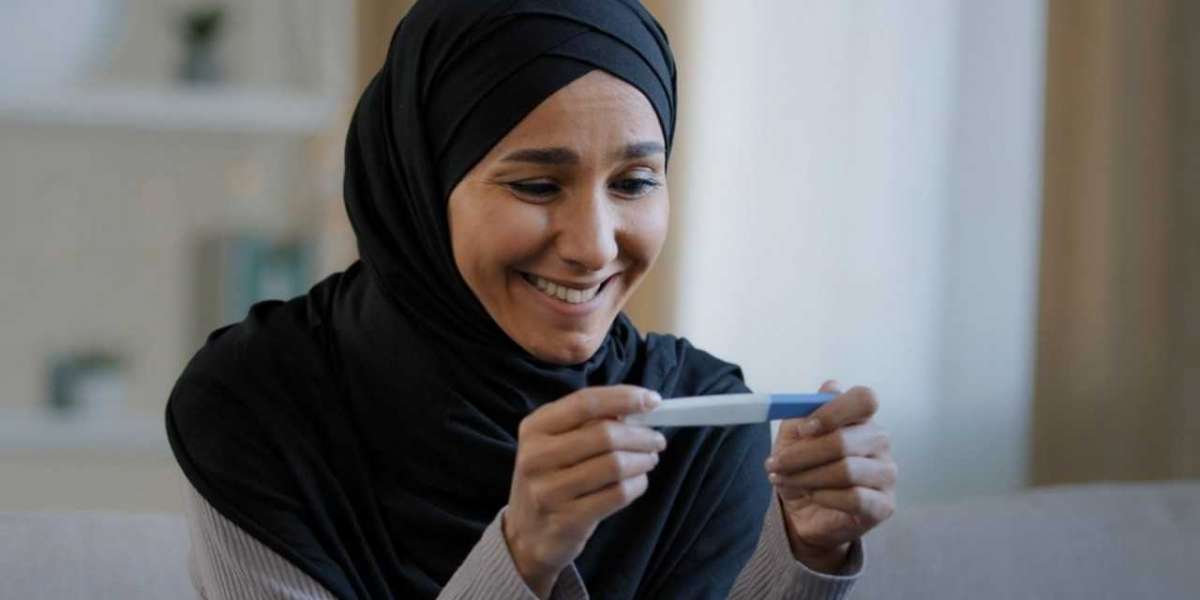Introduction
Preimplantation Genetic Diagnosis (PGD) has transformed reproductive medicine by allowing couples to screen embryos for genetic conditions before implantation. One application of PGD is gender selection, which can be used for medical reasons, such as preventing sex-linked genetic disorders, or, controversially, for family balancing.
While the technology offers remarkable precision and opportunities, it raises significant ethical considerations. In Pakistan, the use of PGD for gender selection is a sensitive topic, intertwined with cultural, social, and religious values. Couples and medical professionals must navigate the fine line between medical necessity and ethical responsibility.
This article explores the ethical landscape of PGD gender selection in Lahore, the societal and personal implications, and responsible practices for gender selection Pakistan.
Understanding PGD Gender Selection
PGD gender selection in Lahore involves testing embryos created through IVF to determine their sex before implantation. The process includes:
Fertilization of eggs in a laboratory.
Culturing embryos to the blastocyst stage.
Biopsying cells from each embryo for genetic analysis.
Determining the sex of embryos along with screening for genetic disorders.
Selecting suitable embryos for uterine transfer.
The accuracy of PGD in determining gender is above 95%, making it a reliable option. However, its application beyond medical necessity prompts ethical debates, especially when used solely for personal or social preferences.
Medical vs. Non-Medical Reasons
PGD is primarily designed to prevent severe genetic conditions. Ethical use emphasizes:
Medical Justification: Selecting embryos to avoid X-linked disorders, such as hemophilia or Duchenne muscular dystrophy.
Non-Medical Use: Choosing an embryo’s gender for personal preference or family balancing, which raises ethical concerns about societal impact and fairness.
Clinics offering PGD must evaluate the reason for gender selection and ensure that patients understand the difference between medical and non-medical applications.
Cultural and Social Implications
In Pakistan, gender preference is often influenced by cultural and societal norms, which can complicate the ethical landscape of gender selection Pakistan:
Gender Bias: Overuse of non-medical gender selection may reinforce societal biases and contribute to demographic imbalances.
Social Pressure: Families may feel pressured to choose a particular gender due to cultural expectations.
Ethical Dilemmas for Physicians: Healthcare providers must balance patient autonomy with societal responsibility.
Addressing these issues requires careful counseling, patient education, and adherence to ethical guidelines to prevent misuse of PGD.
Regulatory and Legal Considerations
While Pakistan has no uniform nationwide law specifically regulating PGD for gender selection, ethical guidelines are often followed by leading fertility clinics:
Restriction of gender selection for non-medical reasons in some cases.
Mandatory counseling for patients considering gender selection.
Informed consent emphasizing medical necessity, ethical implications, and societal considerations.
Couples must consult licensed fertility centers that adhere to ethical standards, ensuring responsible use of reproductive technology.
Ethical Principles in PGD Gender Selection
Ethical considerations revolve around several principles:
Autonomy: Patients have the right to make informed choices about their reproductive health.
Beneficence: Procedures should aim to promote the health and well-being of the child and parents.
Non-Maleficence: Avoid harm, including emotional, psychological, and societal harm.
Justice: Equitable access to medical technology without contributing to societal gender imbalances.
Fertility specialists in Lahore integrate these principles into practice, providing guidance and ensuring that PGD is used responsibly.
Counseling and Informed Consent
A key aspect of ethical PGD practice is counseling:
Pre-Procedure Counseling: Educating patients on medical and ethical aspects, potential risks, and success rates.
Post-Procedure Counseling: Discussing outcomes, emotional impact, and follow-up care.
Informed Consent: Ensuring patients understand both medical and ethical implications before proceeding.
This process empowers couples to make informed, responsible decisions while respecting societal and medical guidelines.
Psychological Considerations
PGD gender selection can carry emotional and psychological consequences:
Anxiety or guilt over choosing a specific gender.
Family or societal pressure influencing decision-making.
Emotional impact if IVF cycles are unsuccessful or desired gender is not achieved.
Addressing these concerns through counseling ensures that patients approach PGD with realistic expectations and psychological preparedness.
Alternatives to PGD for Family Balancing
For couples seeking family balancing without PGD, alternatives exist, though they are less reliable:
Sperm Sorting Techniques: Attempting to separate X and Y chromosome-bearing sperm.
Natural Timing Methods: Timing conception attempts according to ovulation cycles (scientifically limited in reliability).
Accepting Natural Outcomes: Counseling on embracing natural reproductive outcomes without technological intervention.
PGD remains the most accurate and medically validated method, but ethical use requires careful deliberation.
Choosing the Right Clinic
Selecting a reputable fertility clinic is essential for ethical and responsible PGD use:
Experienced Specialists: Certified embryologists and reproductive endocrinologists skilled in PGD procedures.
Transparent Practices: Clear explanation of medical, ethical, and financial aspects.
Counseling Support: Providing psychological and ethical guidance for patients.
Adherence to Ethical Guidelines: Ensuring PGD is used primarily for medical purposes and responsible family planning.
Engaging with trusted clinics ensures accurate procedures, ethical practice, and supportive care.
Cost Considerations
While ethical concerns are primary, understanding the financial aspect is also important:
IVF treatment costs
PGD testing fees, including embryo biopsy and genetic analysis
Consultation and counseling charges
Transparency in pricing allows couples to plan effectively while making ethical reproductive choices.
Conclusion
PGD gender selection in Pakistan offers a powerful tool for preventing genetic disorders and supporting family planning. However, ethical considerations must guide its use to ensure medical necessity, societal responsibility, and emotional well-being.Accessing PGD gender selection in Lahore through reputable clinics ensures safe procedures, informed consent, and adherence to ethical guidelines. Patients must consider the ethical, psychological, and societal implications of gender selection Pakistan before proceeding, balancing personal desires with responsible reproductive practices.With professional counseling, transparent practices, and a commitment to ethical standards, PGD gender selection can be a valuable and responsible component of reproductive healthcare in Pakistan, helping couples make informed, conscientious choices while safeguarding the health and well-being of future generations.








